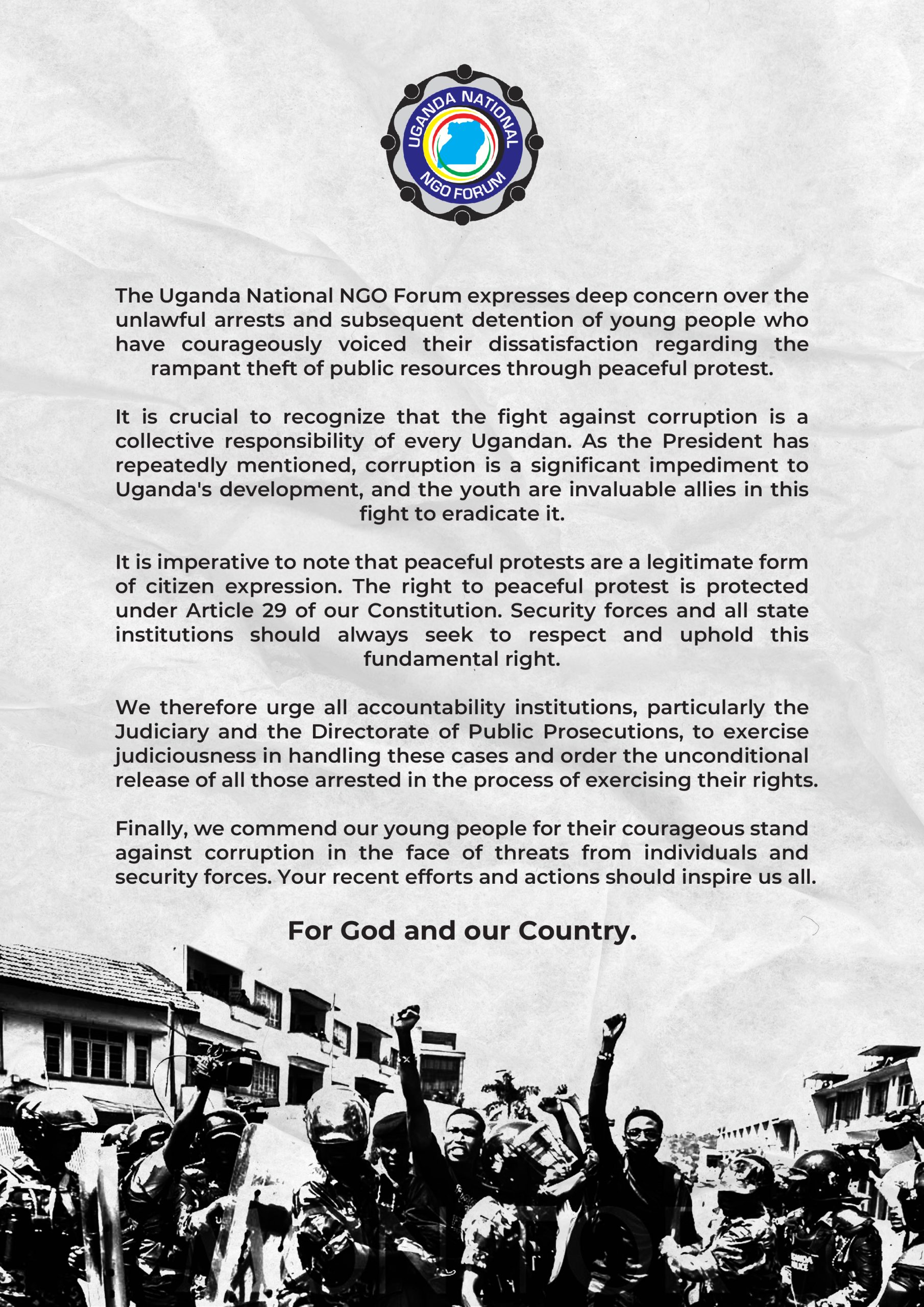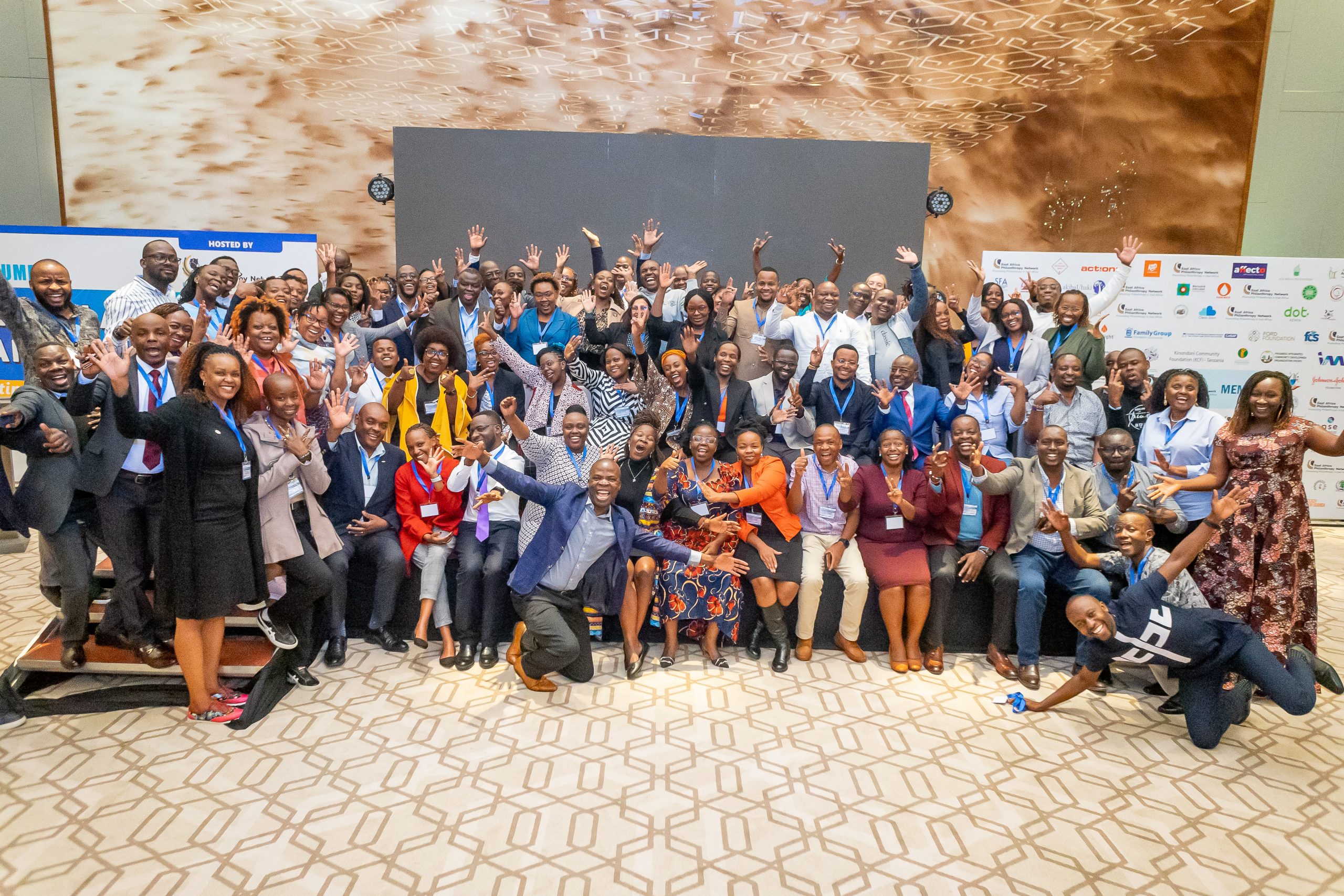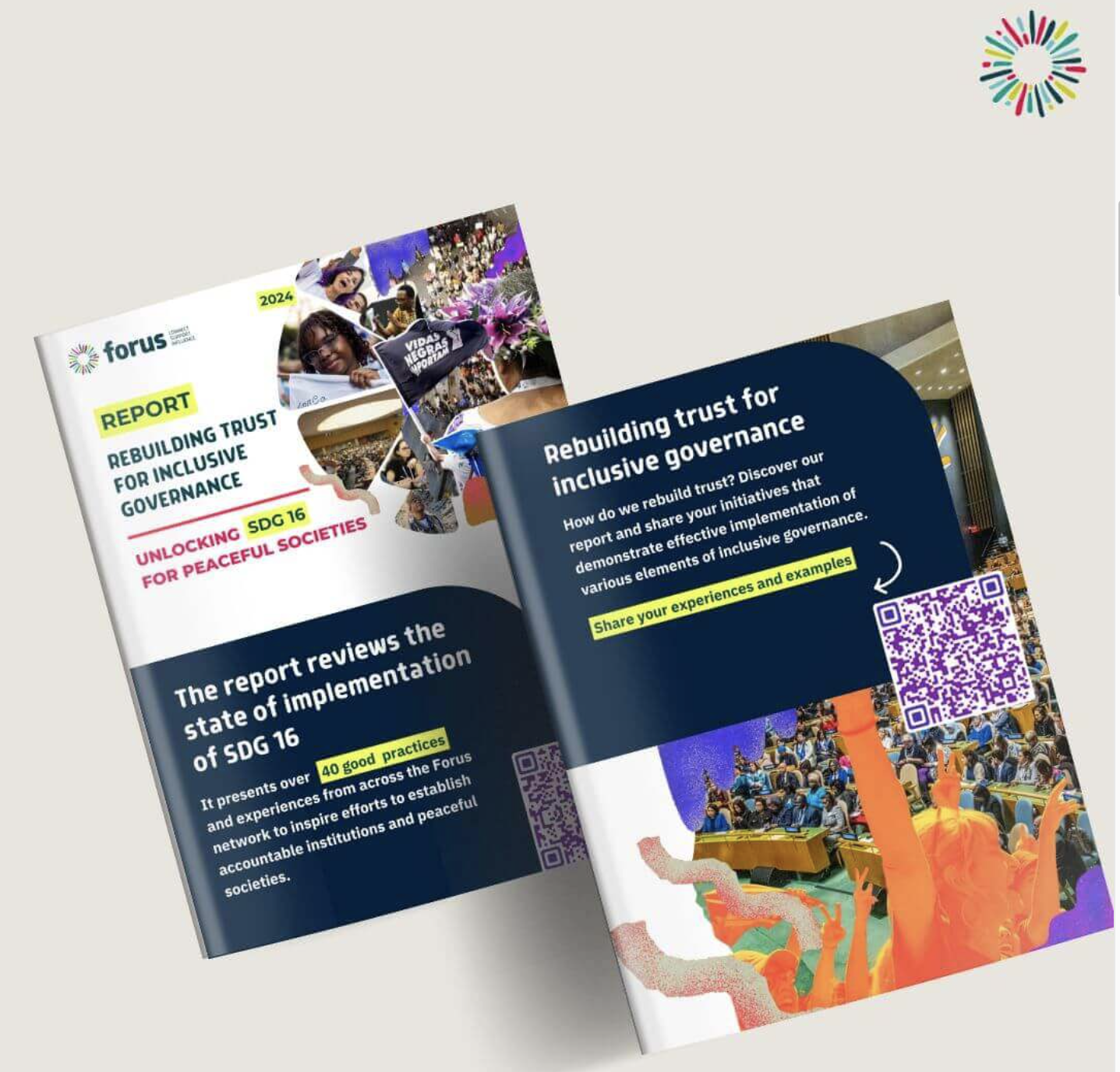Party strategies, Gender Based Violence and Civil Society in Elections and Democracy
Centre for Basic Research in partnership with the Uganda National NGO Forum hosted the fourth debate seminar on 2016 Elections on 4th March 2016. Participants ranged from Academia, Civil Society, political parties, central and local Government, cultural institutions, the youth, Media, Development partners and the authors.
The chapters discussed include: “Do Party Strategies Matter in an Electoral Autocracy? The Case of 2016 Uganda Elections,” by Sabiti Makara; “The Characterization of Personal Identity Systems in Democratic National Elections: Lessons from 2016,” by Elisam Magara, “Documenting Free and Fair Elections: The Role of Civil Society Organizations,” by Maria Nasaali, “Gender Based Violence as a tool for Political Exclusion: The Experience of Women Political Actors in 2016 Elections” by Veronica Nakijoba and “Gender Portrayals in the 2016 General Elections: A Discourse Analysis of the Electoral Speeches and Literature” by Sarah Saali.
Dr. Nansozi Muwanga noted on the chapters presented that there are different types of autocracies and there is need to underscore what challenges come with them. This then puts a face to the kind of challenges opposition political parties and Civil Society are up against, and how to overcome them. She emphasized that despite the incumbent’s advantage in the election, there were other options available to the opposition, and the chapter needed to speak to those options in the oppositions bit to win the election. She stated the need to examine the extent to which the internal strife and disorganization of political parties contributes to their performance at polls.
Prof. Grace Bantebya noted the need to investigate Gender Based Violence in the public domain as well as the private, and try to examine and expose who the key stakeholders/players are, and under what circumstances they are targeted. Prof. Bantebya inquired as to the choice of Language used by the Political leaders and how it translates into society’s perceptions of Women in Politics and the General Public. In example, the remarks of Candidate Amama Mbabazi during the presidential debate when asked about his views on Homosexuality are a clear indication of this problem and thus the need to underscore such incidents.
Participants noted that the civil society through their campaign, Free and Fair elections, put the Public Order and Management Act to test as Police interference was very evident. Much as the citizens’ compact was ignored by the Parliament, the Free and fair elections campaign set a landmark in the struggle for electoral democracy n Uganda.



